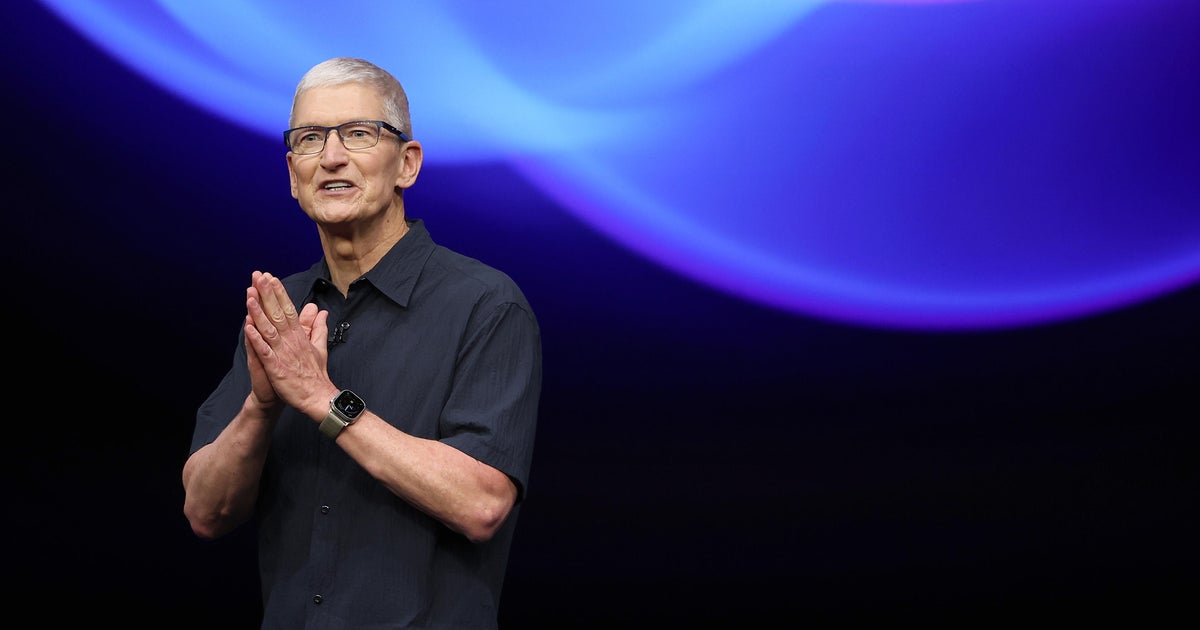Apple shareholders on Tuesday rejected a proposal to end the iPhone maker’s diversity, equity and inclusion program.
The National Center for Public Policy Research, a conservative think tank, had called on Apple to follow other major companies in backing off from DEI, which has come under fire from Republicans and from President Donald Trump.
“DEI poses litigation, reputational and financial risks to companies, and therefore financial risks to their shareholders, and therefore further risks to companies for not abiding by their fiduciary duties,” according to the proposal offered by the group. It offered a similar proposal at Costco’s annual meeting in January that shareholders also rejected.
“The risks to Apple stemming from continuing to push these divisive and value-destroying agendas is only increasing in light of President Trump’s recent executive order focusing the Department of Justice on rooting out illegal discrimination being carried out in the name of DEI,” Stephen Padfield, executive director of the National Center for Public Policy Research’s Free Enterprise Project, said in a prerecorded statement played to Apple shareholders on Tuesday.
“The vibe shift is clear, DEI is out and annual merit is in,” Padfield said.
In responding to the anti-DEI proposal, Apple defended its diversity program as an integral part of its corporate culture, crediting the policies in part for making the technology giant the most valuable company in the world.
“We’ve never had quotas or targets for Apple. Our strength has always come from hiring the very best people and then providing a culture of collaboration,” Apple CEO Tim Cook said during a question-and-answer period at the meeting, while conceding the company may need to revise aspects of its diversity policies “as the legal landscape” around DEI evolves.
“But our North Star of dignity and respect for everyone, and our work to that end, will never waver,” he said.
Apple disclosed in 2022 that nearly three-fourths of its global workforce consisted of white and Asian employees; early two-thirds of its employees were men.
DEI, aimed at promoting fairness in the workplace and opening career paths for people of color, women and other protected classes, gained momentum after the 2020 murder of George Floyd.
But that trend has reversed of late, with Ford, Google, McDonald’s, Meta, Target, Walmart and other large corporations scaling back their diversity initiatives under pressure from conservative activists emboldened by court rulings and by President Trump, who has banned DEI programs across the federal government.
Shifting DEI landscape
Certain forms of DEI have become more legally risky than just a few years ago, yet practices such as employers posing standardized questions in recruitment to mitigate implicit bias are legally sound, according to David Glasgow, an adjunct professor at the New York University School of Law and executive director of its Meltzer Center for Diversity, Inclusion and Belonging.
“DEI is a really broad umbrella term covering things like disabilities, parental leave and flexible work. The anti-DEI folks have done a good job of driving the narrative that it’s all about racial quotas and preferences,” which in reality is just a narrow slice of such initiatives, Glasgow told CBS MoneyWatch.
Some companies’ response to the current legal and political climate is a matter of rebranding, Glasgow said. Businesses may ditch the terms diversity, equity and inclusion, while substituting references to “welcoming” and “belonging.”
“[I]t’s more about getting anti-DEI activists off their back,” Glasgow said.
Critics of DEI say employer hiring and promotion decisions should be based on merit alone without regard to race, color, gender and other categories. By contrast, advocates of these policies say that supporting inclusivity doesn’t inhibit companies from rewarding top-performing employees, while also helping organizations create a respectful workplace culture.
contributed to this report.


